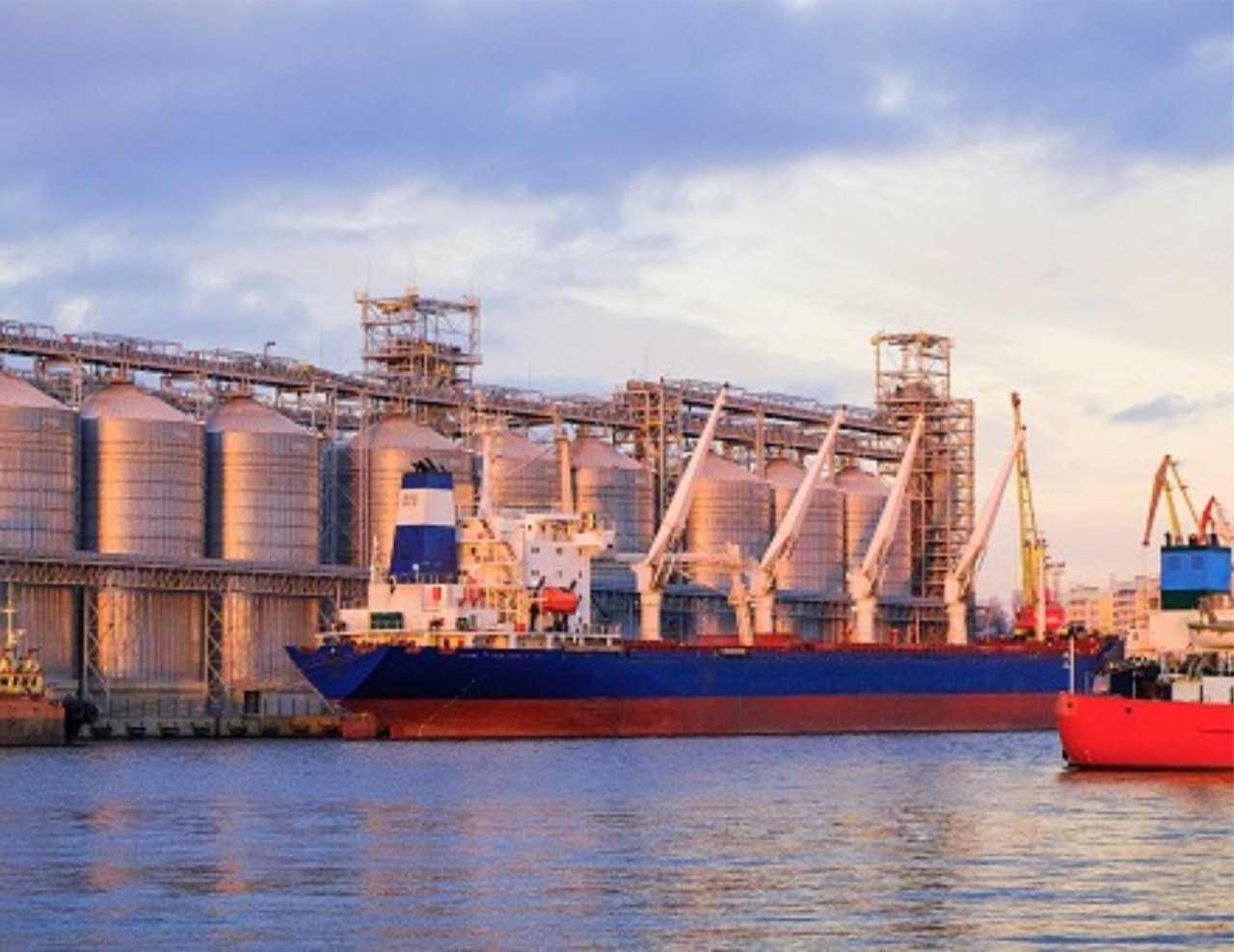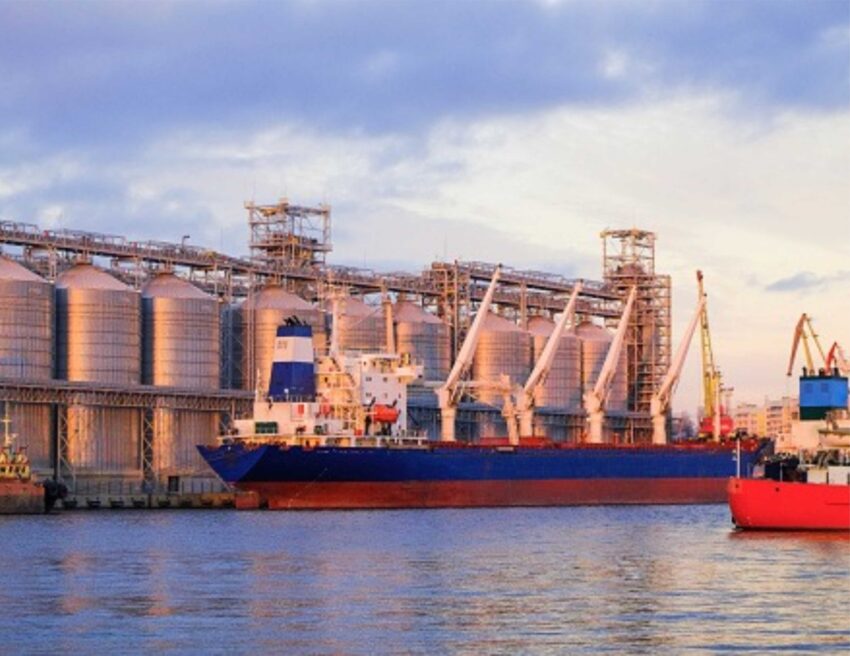The ongoing conflict between Ukraine and Russia could have far reaching consequences on international shipping and logistics. The first and foremost effect of the invasion will be a hike in oil prices. The attack on Ukraine would signal the end of Nord Stream 2 which is a natural gas pipeline worth $11 billion. Germany has already warned about a spike in oil prices if the invasion goes on. As Russian troops are gathering at the border of Ukraine, it is time to take a look at how the possible invasion of Ukraine by Russia will impact the global shipping and logistics sector.

Hike in oil prices
As already mentioned above, rising fuel rates will be the most palpable impact of the invasion on this sector. It would further destabilize the oil market and push up the price of crude oil. Moreover, if US President Joe Biden imposes sanctions on Russia then the price of fuel will be extreme. The most consequential impact of any sanction on Russian exports will be a massive increase in the price of crude oil. JP Morgan has estimated that the cost of one barrel of crude oil could go up to $150 or more.
It needs to be remembered that Russia is one of the major oil-producing nations. Moreover, Ukraine is responsible for transporting oil to the Czech Republic, Slovakia, and Hungary. Last year alone, Ukraine moved 11.9 million MT of Russian crude oil to the EU. Additionally, the invasion is happening at a time when the oil prices are already very high.
The Nord Stream 2
Russian occupation of Ukraine will also have a negative impact on the Nord Stream 2 pipeline. The Nord Stream 2 pipeline is of immense importance since on completion it will provide 15% of natural gas for the European nations. Therefore, the consequences of the takeover of Ukraine would lead to a hard time for the oil and gas sector in Europe and beyond.
Revenues from energy sources are one of Russia’s major sources of income. Europe depends on Russia for the supply of natural gas. However, they will be able to source it from other countries if sanctions are imposed. The US is willing to supply natural gas to Europe but at a higher rate. Many experts feel that Russia started building the Nord Stream to bypass Ukraine so as to avoid paying transit fees.
Suriya Jayanti, International energy counsel for the U.S. Department of Commerce states- “Nord Stream 2 is a political project. It does not enhance energy security. We are not in competition with Nord Stream 2. We are trying to keep Russia from having more energy dominance over Europe. President Putin has already decided not to increase exports so he can force Germany’s regulator to approve the project. It is a geopolitical weapon.” Nevertheless, the end of Nord Steam 2 will considerably impact the oil and gas supply in Europe.
LNG Shipping
Nord Stream 2 might come up as a potential political instrument for both Russia and the Western allies. For example, Germany could disapprove of the project and the US would start exporting its LNG. Presently, Russia supplies 39% of net European natural gas imports while the US is responsible for just 3.5%. For this reason, Europe is trying to diversify its LNG supply lines by building more LNG receiving terminals. However, as we mentioned above, Russian prices for LNG are almost 40% less. In a situation when Europe could run low on LNG, Russia is not likely to export unless Germany certifies the Nord Stream 2.
Impact on product tankers
In case Russian exports are sanctioned, Europe will have to look for different sources of crude oil. According to a statement by BRS Tankers, “Russia is a significant diesel exporter to Europe and if those flows were backed out, Europe would have to import from East of Suez refineries. This would see less diesel carried by MRs in and around Europe and more being carried on LRs moving east to west.” In a post-invasion scenario, the EU will possibly increase their purchases to avoid a deficit scenario. This in turn will give a temporary push to the trans-Atlantic product tanker markets.
Effects on crude tankers
Energy and ship brokerage firm Poten has pointed out that in case of the takeover of Ukraine, oil refineries in Europe will need to source crude oil from the OPEC nations of the Middle East. However, this situation could be a little tricky. Although Russia is not an OPEC member, the Middle Eastern nations might not be willing to increase export to Europe when their partner has been sanctioned by the importers.
As per the forecast from Poten, there will be an increase in demand for VLCC tankers. On the other hand, the demand for Suezmaxes and Aframaxes will plummet. The VLCC that comes with a capacity of 2 million barrels will now be used for bringing oil from the Middle East. Russia will need to look for new clients for its crude oil. China will be the most likely customer for Russian crude oil. Since Russian ports are not ideal for the use of VLCCs, we are expecting the utilization of Suezmaxes and Aframaxes.
Impact on the food supply chain
Ukraine is one of the largest food grain suppliers in the world. The country is responsible for around 13% of international corn exports. This makes Ukraine the largest grain exporter in Europe. Ukraine sends half of its exports to the European countries while the other half is sent to China. Additionally, Ukraine is also one of the primary wheat exporters on the globe. Last year alone, they exported 22.5 MT of wheat. For this reason, a disruption of its supplies could have a disastrous effect on the grain price.
Closure of Ukrainian Ports
After invading Ukraine, Russia could seal off the ports in Ukraine to get better control of the chokepoints at Crimea and the Black Sea. Possible closure of the Ukrainian ports could spell disaster for the supply chain in Eastern Europe. Several Ukrainian sea ports like Chornomorsk, Pivdennyi, and Odessa are responsible for moving food grains. All of these ports can be easily accessed from Crimea which is already occupied by Russia.


